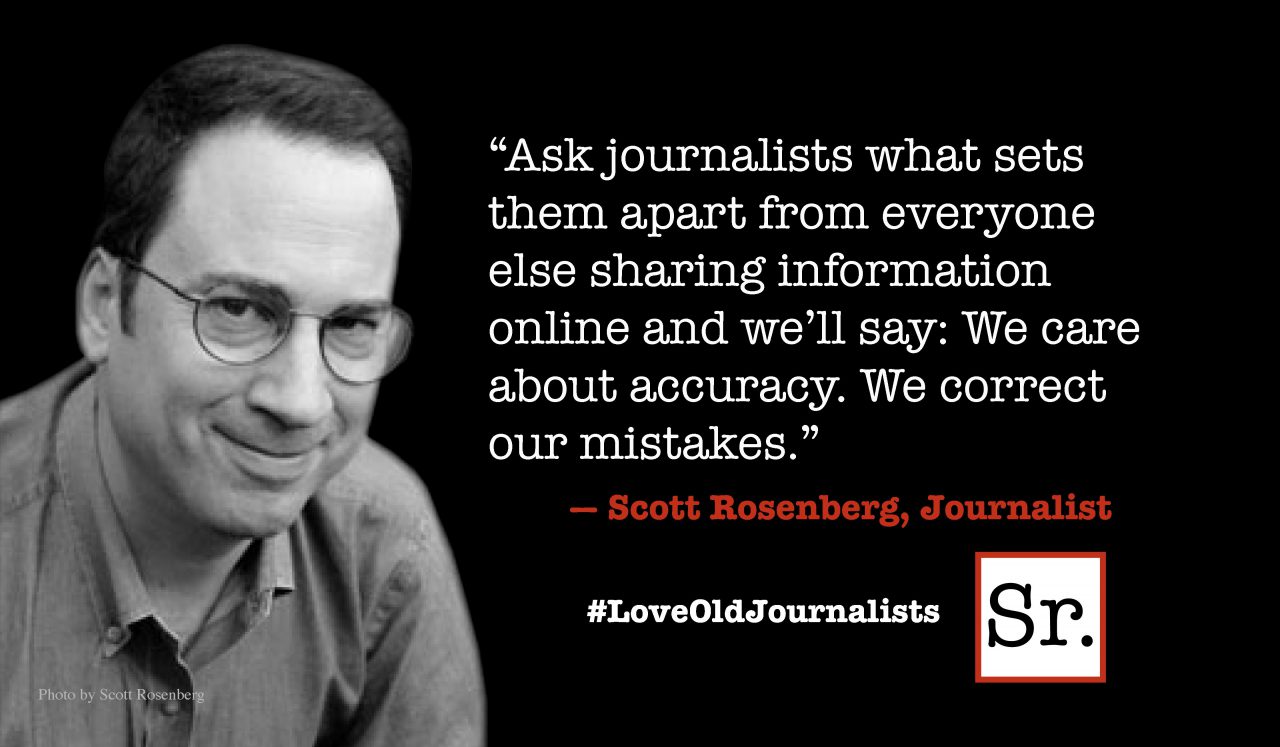I have previously written about Uncommon Good, a local multi-fascited social agency on whose Board I happen to serve. It has built the first building of its kind in the world whose footprint is totally carbon free. The Whole Earth Building was largely constructed from the soil on which it now sits, on the grounds of a United Methodist Church. It produces more than enough power to operate all the building’s systems, employing a large outdoor wall of solar panels. In its first year Uncommon Good calculates that the building has saved 382,000 pounds of CO2 from entering the atmosphere.
Uncommon Good works with children, most of whom come from minority backgrounds, and in a disciplined multi-year encounter with them and their families, has a 100% record of getting them into college. Volunteers who act as tutors and mentors come from the community and from local colleges. Uncommon Good also helps pay the educational debts of young physicians, dentists and pharmacists who are committed to working with the poor, but whose debts would otherwise prohibit them from fulfilling this vocational vision.
But this week I want to tell you about Uncommon Good’s latest venture into saving the planet. It is urban farming. It finds patches of ground and contracts with unemployed immigrant farmers from Mexico to grow organic, chemical-free vegetables. Half of the produce is given to families who need it, and the other half is sold on the open market, basically through a group of young adults who have established a “Good Eggs” warehouse and a distribution network in Los Angeles.
Here is the most recent development. Temple Beth Israel sits on a lovely multi-acre site on a main street in Pomona, California. Its elegant building is fronted by an attractive lawn — about 10,000 square feet of well manicured heavily watered grass. But this vital Jewish institution is committed to both the care of the earth and the eradication of hunger. So what do you do with a thirsty green lawn? Why you partner with somebody, and turn it into a vegetable garden!
A community ground-breaking and dedication last month included a member of Congress, a State senator and a handful of local officials, together with 50 children from the Hebrew school and a host of the synagogue’s members and community supporters. The plan is to build raised beds of rich chemical free soil. Fiddlestick Family Farms, the name for these organic gardens, has a number of other locations, but this one is among the first major responses from a religious institution. Nancy Mintie, the Executive Director of Uncommon Good, says that these farms not only feed the hungry, but also demonstrate how good locally-grown vegetables can be produced without chemicals. This urban farm project is simply another way to care for the earth, save it from pollution and turn otherwise useless but attractive but useless lawn into a useable source of life-giving food. Steps are already underway to develop a similar urban farm on the grounds of a local Presbyterian Church.
If you want to know more about Uncommon Good, its urban farm project, how to purchase its fresh vegetables, or its other activities, contact me and I’ll see you get the information, or contact Uncommon Good.









